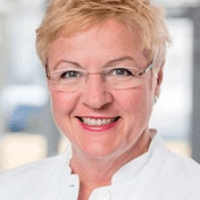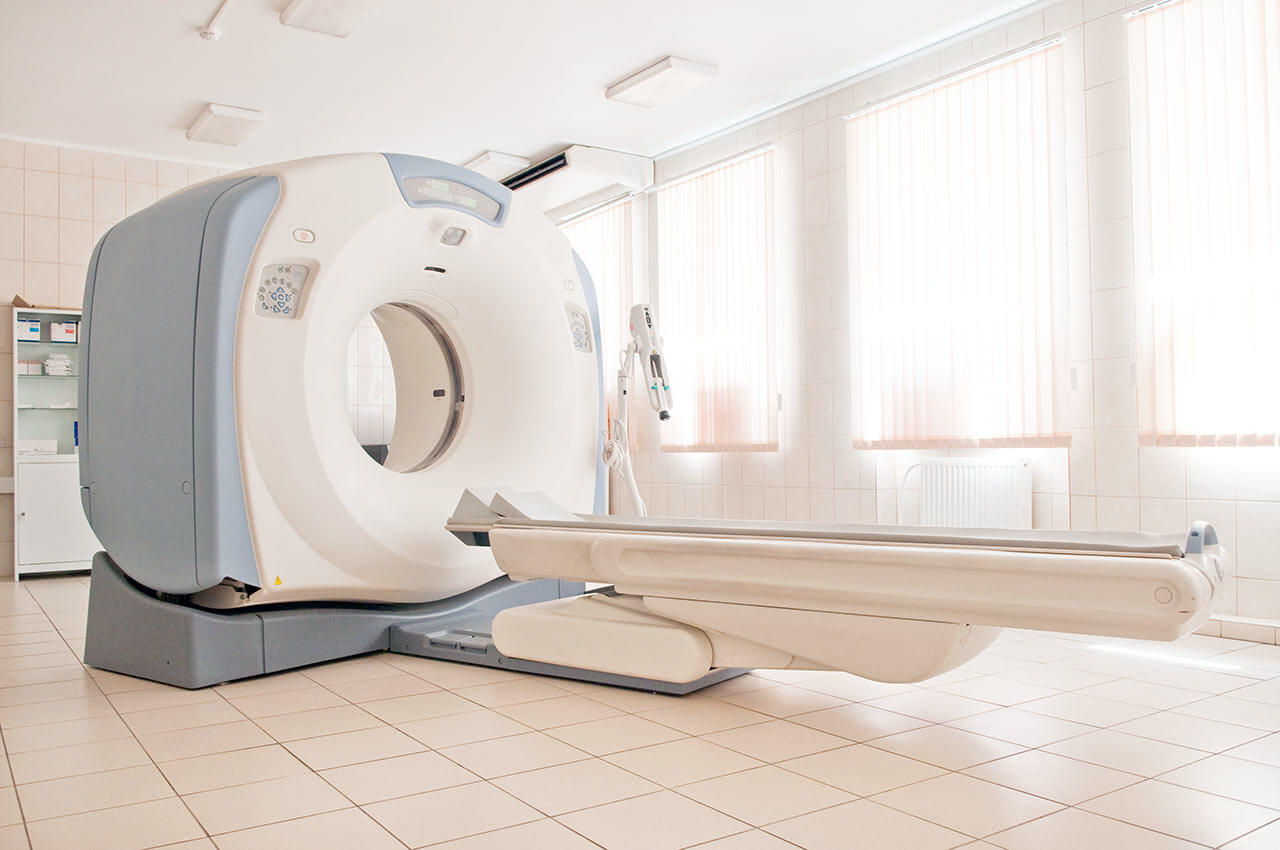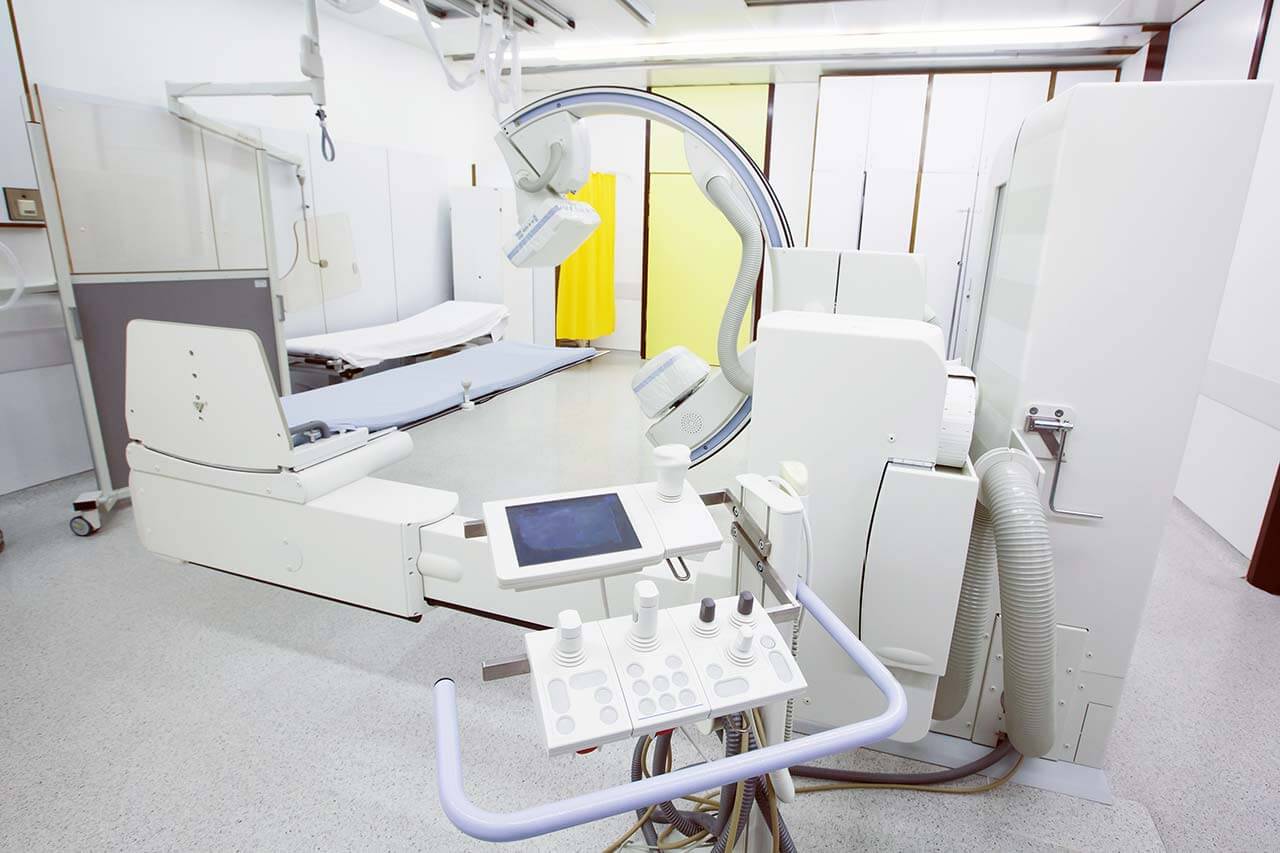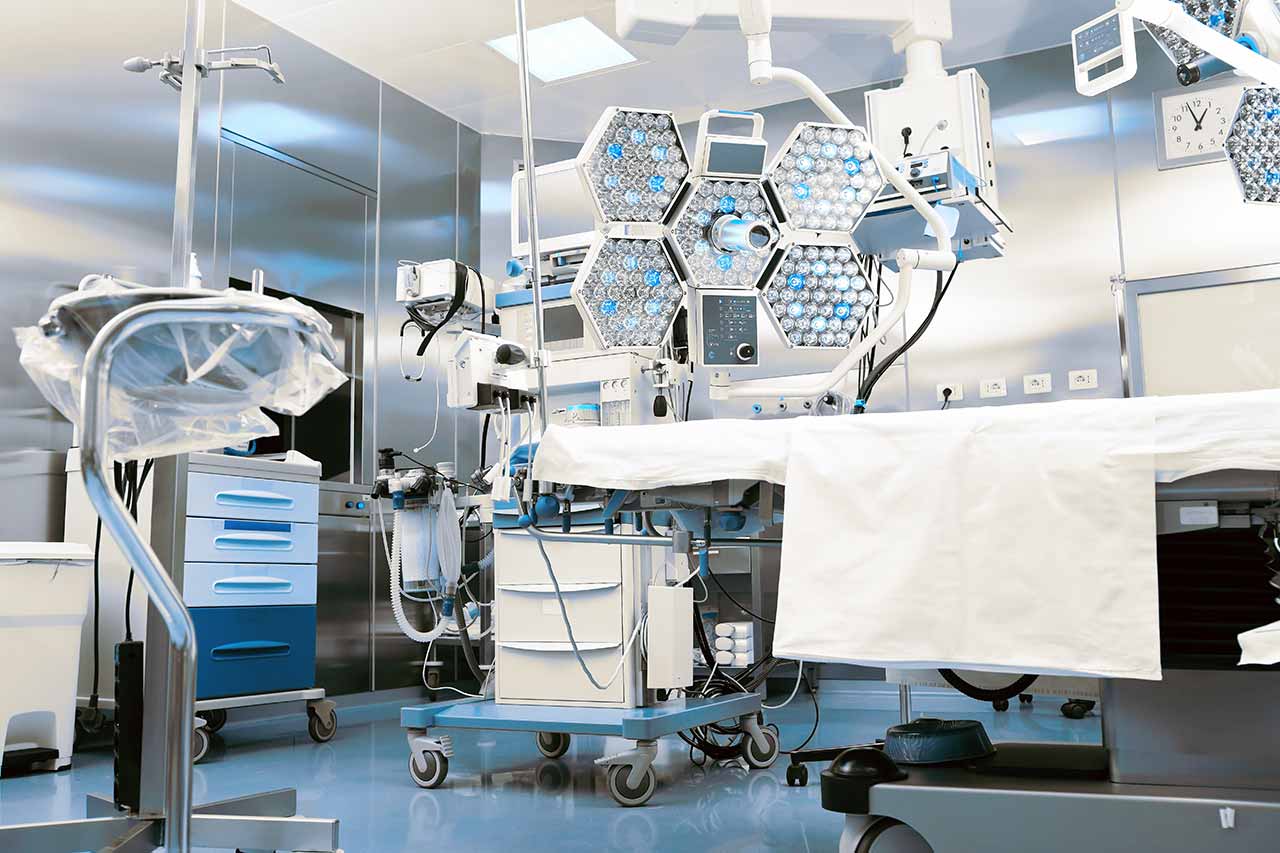
The program includes:
- Initial presentation in the clinic
- clinical history taking
- physical examination
- cardiological examination
- laboratory tests:
- complete blood count
- general urine analysis
- biochemical analysis of blood
- TSH-basal, fT3, fT4
- indicators of inflammation
- indicators blood coagulation
- Cardiological examination
- Measurement of arterial blood pressure, EKG
- Cardiac monitoring (24h)
- ECHO
- Transesophageal echocardiography (TEE)
- nursing services
- full hospital accommodation
- explanation of individual treatment plan
Required documents
- Medical records
- Echocardiography (if available)
Service
You may also book:
 BookingHealth Price from:
BookingHealth Price from:
About the department
The Department of Pediatric Cardiology and Congenital Heart Defects at the University Hospital Freiburg offers the full range of diagnostics and treatment of heart diseases and defects in young children, school-age children, and adolescents. Over 4,000 young inpatients and outpatients are treated here annually. Each child is guaranteed an individual approach and therapy adapted to his particular clinical situation. Considerable importance is also attached to comprehensive counseling of child’s parents. The Chief Physician of the department is Prof. Dr. med. Brigitte Stiller.
It should be noted that the treatment of congenital heart defects in adults is of particular interest to the department. Since the department regularly demonstrates excellent treatment results in this field, it was awarded the title of supra-regional certified Center for Congenital Heart Defects in Adults. An interdisciplinary team of pediatric cardiologists, cardiovascular surgeons and cardiologists, as well as psychologists and social employees is working for the benefit of patients.
The service range of the department includes:
- Diagnostics and treatment of adults with congenital heart defects
- Interventional catheter treatments of congenital heart defects, coronary interventions
- Electrophysiological investigations, monitoring of the patient's condition after pacemaker, defibrillator implantations
- Surgical interventions on the heart and vessels, including hybrid surgery
- Cardiac CT and MRI
- Pregnancy counseling, genetic counseling, psychological help
- Catheter interventions in congenital heart diseases in adults and children
- Dilatation in valve stenosis or valve leaflets fusion (balloon valvuloplasty)
- Dilatation in vascular stenosis (balloon dilatation and stenting)
- Closure of atrial or interventricular septal defects
- Correction of vascular cross-connections (patent ductus arteriosus, collaterals, fistulas, shunts)
- Heart valve implantation (for example, transcatheter pulmonary valve implantation)
- Installation of pacemakers
- Intensive therapy in children with heart pathology
- Installation of artificial heart support systems in children
- Care for young patients after heart transplantation
- Diagnostics and treatment of Marfan syndrome
- Prenatal diagnosis of heart defects
- Diagnostics and treatment of pulmonary arterial hypertension in children
- Other medical services
Curriculum vitae
- 1982 - 1988 Study of Medicine at the Universities of Duesseldorf and Cologne.
- 1988 Admission to medical practice.
- 1988 - 1993 Training in General Pediatrics, Cologne.
- 1993 - 1996 Training in Cardiology.
- 1996 - 2008 Consultant in Pediatric Cardiology, German Heart Institute of Berlin.
- 1998 Medical Specialist in Pediatric Cardiology.
- 2000 Medical Specialist in Pediatric Intensive Care.
- 2004 Habilitation at the Charité, Berlin. Subject: "Mechanical circulatory support in children".
- Since 2008, Full Professor of Pediatric Cardiology (W3), University of Freiburg, as well as Head of the Department of Pediatric Cardiology and Congenital Heart Defects at the University Hospital Freiburg.
- 2015 - 2016 President and Vice President of the German Society of Pediatric Cardiology (DGPK).
Research Focuses
- Adults with congenital heart defects.
- Myocardial failure.
- Pediatric mechanical circulatory support.
- Heart transplantation in children.
Photo of the doctor: (с) Universitätsklinikum Freiburg
About hospital
The University Hospital Freiburg is famous for its rich history and is one of the oldest and most prestigious medical facilities in Germany (one of the three best medical institutions in the country). The hospital was based on the Faculty of Medicine of the Albert Ludwig University of Freiburg, which celebrated its 550th anniversary in 2007. It should be noted that the hospital is proud of its world-renowned specialists, many of whom during their work here have become Nobel laureates.
The medical facility represents all fields of modern medicine. It consists of 42 departments, 11 institutes and 10 interdisciplinary centers. The highly qualified doctors of the hospital deal with the treatment and rehabilitation of patients with both common and rare diseases. All departments and institutes of the hospital take an active part in fundamental researches of international scale, due to which patients have access to the very latest achievements of medicine, advanced diagnostic methods, state-of-the-art medical equipment and proven effective methods of therapy.
The hospital has a variety of medical achievements, for example, the world's first TIPS procedure, the first implantation of the Jarvik-2000 artificial heart in Europe, the first robotic-assisted surgery on the brain, and the first combined cardiopulmonary transplantation in the land of Baden-Württemberg. In 2004, the University Hospital Freiburg became the first German hospital, which performed kidney transplantation in the incompatibility of blood groups. At the moment, the hospital belongs to medical centers with the greatest experience in performing such an operation.
An interdisciplinary approach to treatment, highly qualified staff, as well as individual patient care and a pleasant environment are key to the hospital’s success.
Photo: (c) depositphotos
Accommodation in hospital
Patients rooms
The patients of the hospital are provided with comfortable rooms with a pleasant design, which create a conducive atmosphere for recovery. The standard furnishing of the patient room includes a telephone, a free radio and TV, a device for calling medical staff, lockers and a safe, an adjustable bed, a chair and a table. The pediatric departments are designed with play areas. The patient may be accommodated in a single or double enhanced-comfort room (for example, with an ensuite bathroom) at an additional cost.
Meals and Menus
The patients are offered good three meals a day with a large selection of dishes. The patients inform about their wishes to the menu in advance, and this information is transmitted to the kitchen. Throughout the day, patients may drink mineral water and tea, which can be found in the department on special tables. The bedridden patients receive drinks from the nursing staff. Other drinks may be purchased at the hospital’s cafeterias and bistro, where patients can come along with visitors.
If you do not eat some products due to intolerance or other personal reasons, please notify the nursing staff in advance, so that all your wishes to be taken into account when preparing the menu.
Further details
Standard rooms include:
Television
All patient rooms have a free radio and TV. The patients can also watch the hospital’s own 24-hour channel with a varied program and interesting information.
Accompanying person
At the availability of free beds, the accompanying person may be accommodated in the same room with the patient, at an additional cost. In addition, the hospital offers special accommodation conditions for patients requiring long-term hospitalization. Parents have at their disposal special apartments in the children's hospital.





